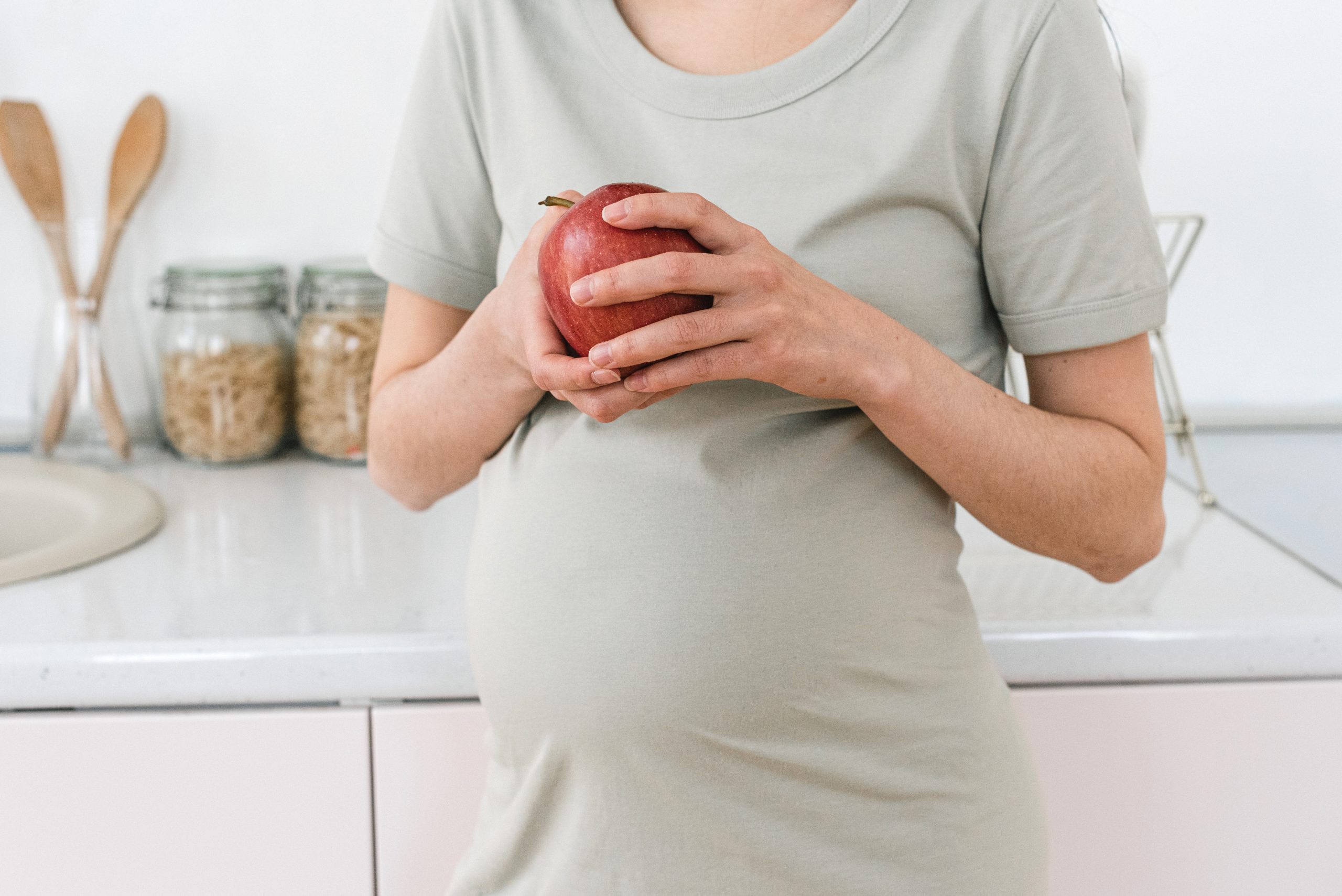

Being pregnant in this day and age comes with many check ups and appointments before that little bundle of joy enters your life and changes your world forever. One such test is the glucose test, also known as the gestational oral glucose tolerance test (OGTT). A common question asked by many women is what to eat before a glucose test.
This article covers the details of the glucose test during pregnancy, as well as detailed lists about what to, and what not to eat before your test.
The glucose test screens patients to see if they are at risk of gestational diabetes. This test is taken between the 6th and 8th month of pregnancy. Only women who haven’t already been diagnosed with diabetes take this test.
Gestational diabetes is a type of diabetes seen in pregnant women who didn’t have diabetes before falling pregnant. It means that blood sugar is not well controlled in women. Some women may never have gestational diabetes, others may have several pregnancies affected by it.
It usually shows up in the middle of pregnancy, which is why a test is taken between 24 and 28 weeks of pregnancy. If it isn’t taken care of, this may cause the baby to be extra-large as the baby will be ‘overfed’. It may also cause high blood pressure, and increase the chances of a mother needing a C-section.
Luckily, this type of diabetes can be controlled by eating healthy foods and by exercising regularly. Monitoring your blood sugar often is also important if you are found positive for gestational diabetes. Some women may need to take insulin as well.
The test takes around 2 hours. First, you will have blood taken. Then you will be asked to drink a liquid that contains around 75g of glucose. You will next have to draw blood every 60 minutes after you drink the liquid to check for your blood levels. After the test, you can return to your activities as usual and wait for the results.
You will need to fast about eight hours before taking your test.
Before the test, aim to stick to complex carbohydrates and fiber. For example:
Whole wheat, brown rice, quinoa, beans, lentils, nuts, oats, seeds, soy, oils, cheese, meat, poultry, eggs and fish.

On the day of the glucose test, aim to eat all of the foods mentioned above within the time frame that you are allowed. For example, if the test is in the morning, you won’t be able to eat before as you can’t eat 8 hours before the test. If the test is in the evening, be sure to stop eating before the test within the right time frame.
As you aren’t allowed to eat anything before taking the test, or during the test, the 1-hour period before the test will be a fasting period. Be sure to have someone drive you to the test if you are feeling tired.
Avoid simple carbohydrates, or foods that are high in sugar. Eating these foods can lead to your blood sugar levels spiking which will lead to a false positive result. For example:
Smoothies, ice cream, candies, soda, soft drinks, juice, white bread or cereals. Anything that is sweet, and a dessert, make sure you avoid this before your glucose test.

If you find yourself positive, don’t worry. Hormones change drastically during pregnancy and there are definitely ways to live with this condition while pregnant. Make sure you speak to your doctor and come up with a plan to not affect your pregnancy or child. Be aware that if you are positive this may go away after childbirth, but you may be at risk of having diabetes later on in life.

You aren’t allowed to eat around 8 hours before taking a glucose test. One hour before you should be fasting, taking small sips of water if you feel necessary.
The glucose test screens patients to see if they are at risk of gestational diabetes. This test is taken between the 6th and 8th month of pregnancy. Only women who haven’t already been diagnosed with diabetes take this test.
Avoid simple carbohydrates or foods that are high in sugar. Eating these foods can lead to your blood sugar levels spiking which will lead to a false-positive result.
If you find yourself positive, don’t worry. Hormones change drastically during pregnancy and there are definitely ways to live with this condition while pregnant. Speak to your doctor to come up with a plan to make sure you are dealing with it in the best way possible.